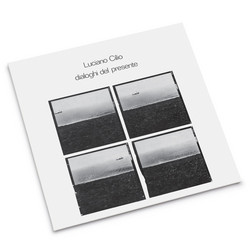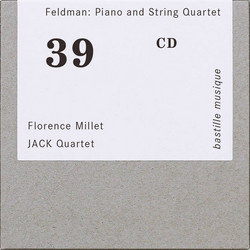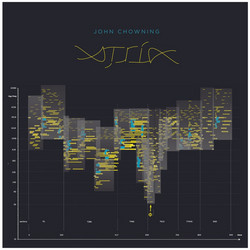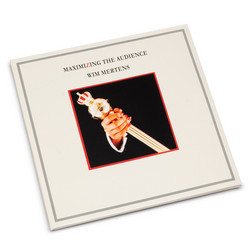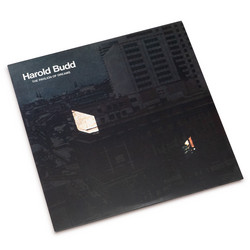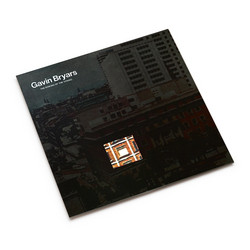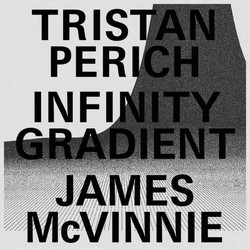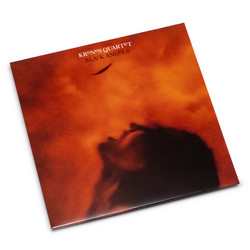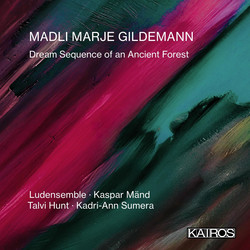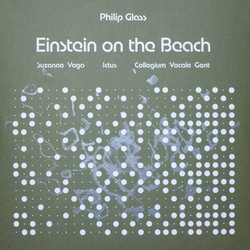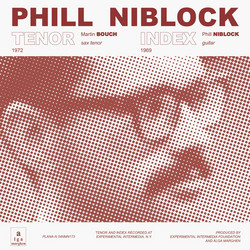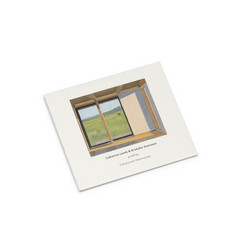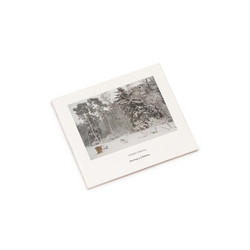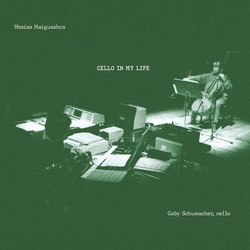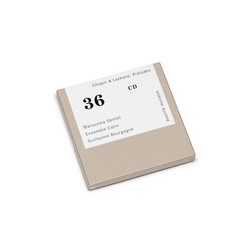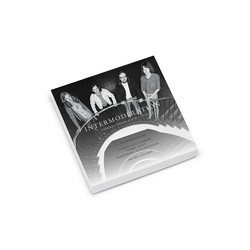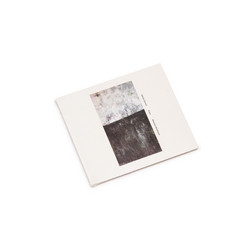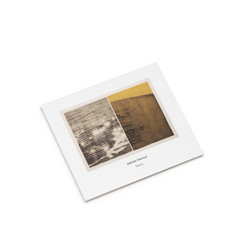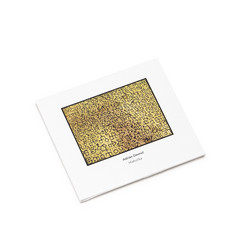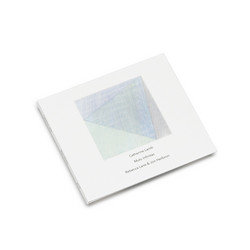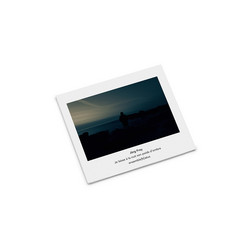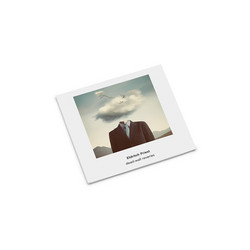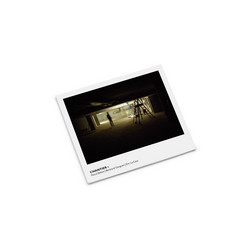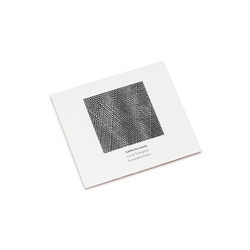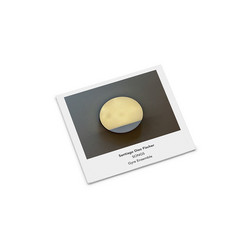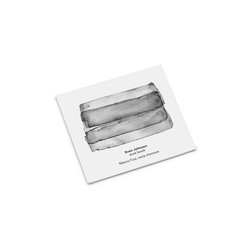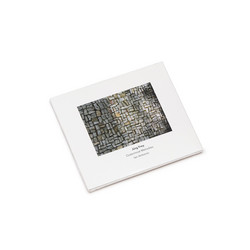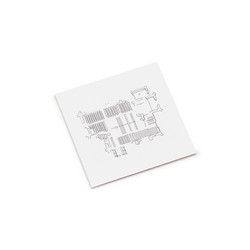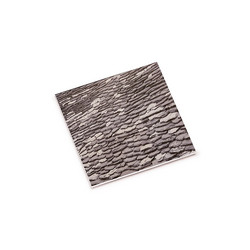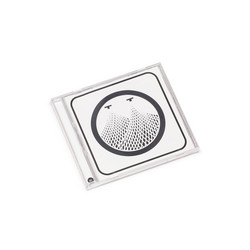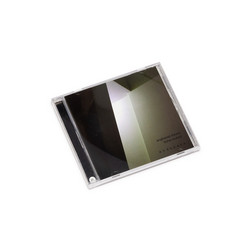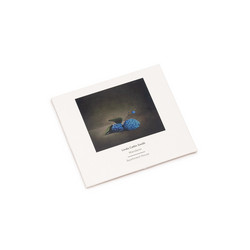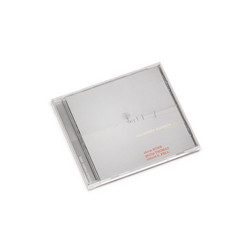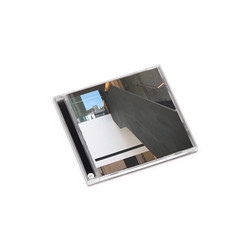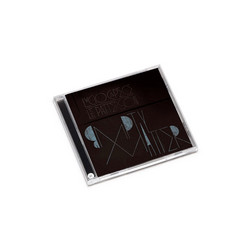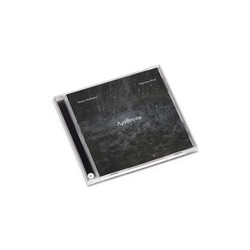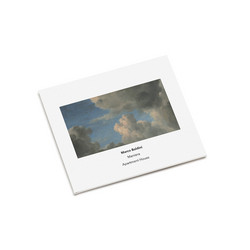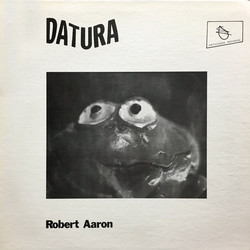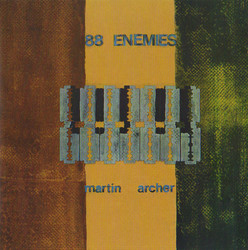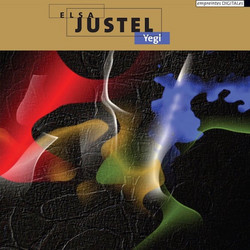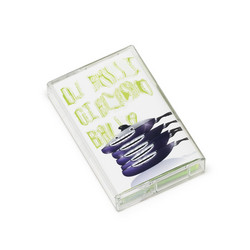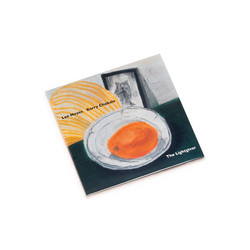Adrián Demoč writes "gentle and soft, non-violent music." The Slovak composer, based in Spain, reduces chamber music down to near-monody—single melodic lines articulated through subtle timbral shifts and microtonal deviations. Zamat, his fourth Another Timbre release, presents three chamber works where Apartment House navigates music that moves "back and forth on the spot between a handful of notes." The title track—zamat means "velvet" in Slovak—deploys clarinet, bass clarinet, viola, and cello in what Demoč calls "slightly asynchronous Korean unisons." Cage used this term for attacks and tempi that are close but never perfectly synchronized; Demoč prefers "phasing" or simply "delay." The clarinets play the melody while strings add gentle pizzicatos throughout (except at the very end), producing what one critic describes as "a complex, ambiguous tone" from the "guttural effect of low clarinets."
Demoč appreciates the "smooth and slightly dark 'velvety' sound" of the clarinet-bass clarinet combination. Performed with soft dynamics and non-vibrato, the piece creates "two subtle but clearly audible dynamic layers: a soft yet clear piano and an even softer echo." The focus becomes observing the soft delay between players, though Demoč insists there's "no connection to John Cage's aesthetics here."
Gebrechlichkeit (Frailty), a 25-minute string quartet, broods over "several frail chords of close clusters, moving from one to another only when the strings' various methods of attack have been exhausted." Despite Demoč's stated preference for soft music, the piece carries surprising dynamic contrasts—the cluster material itself possessing "a certain energy or disquiet that may or may not be resolved musically." Like Zamat, it demands soft dynamics and non-vibrato throughout.
...o protón jasu... (commissioned by Another Timbre) reverses Zamat's formula: bowed strings take the foreground while two clarinets form a "shadow" through attacks, dynamic accents, and occasional unison doubling. Everything inhabits the upper register—"a loose gathering of thin harmonics" that sounds "naked and astringent," reminding listeners that "Demoč's music is not always as comfortable as it first appears."
Taking cues from Morton Feldman and Arvo Pärt, as well as Slovak folk traditions and Italian Renaissance composer Luca Marenzio, Demoč reveals "an unhurried and meticulous mind at work." Each piece is "an exquisitely worked study in instrumentation," with "just enough variation to keep up the appearance of forward motion" while essentially holding still. Apartment House's performance captures what Demoč calls "beautiful"—and indeed, their precision makes audible the composer's obsession with "what the music requires" rather than imposed aesthetic rules.
